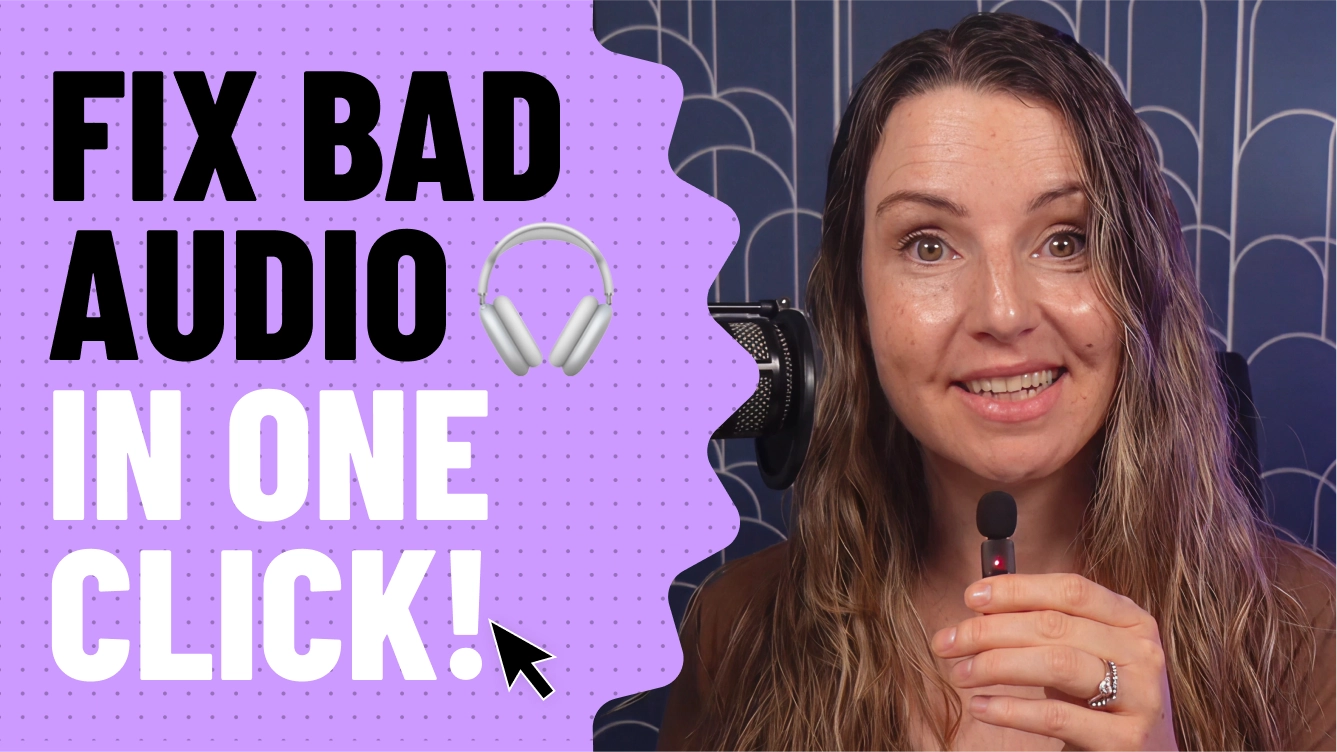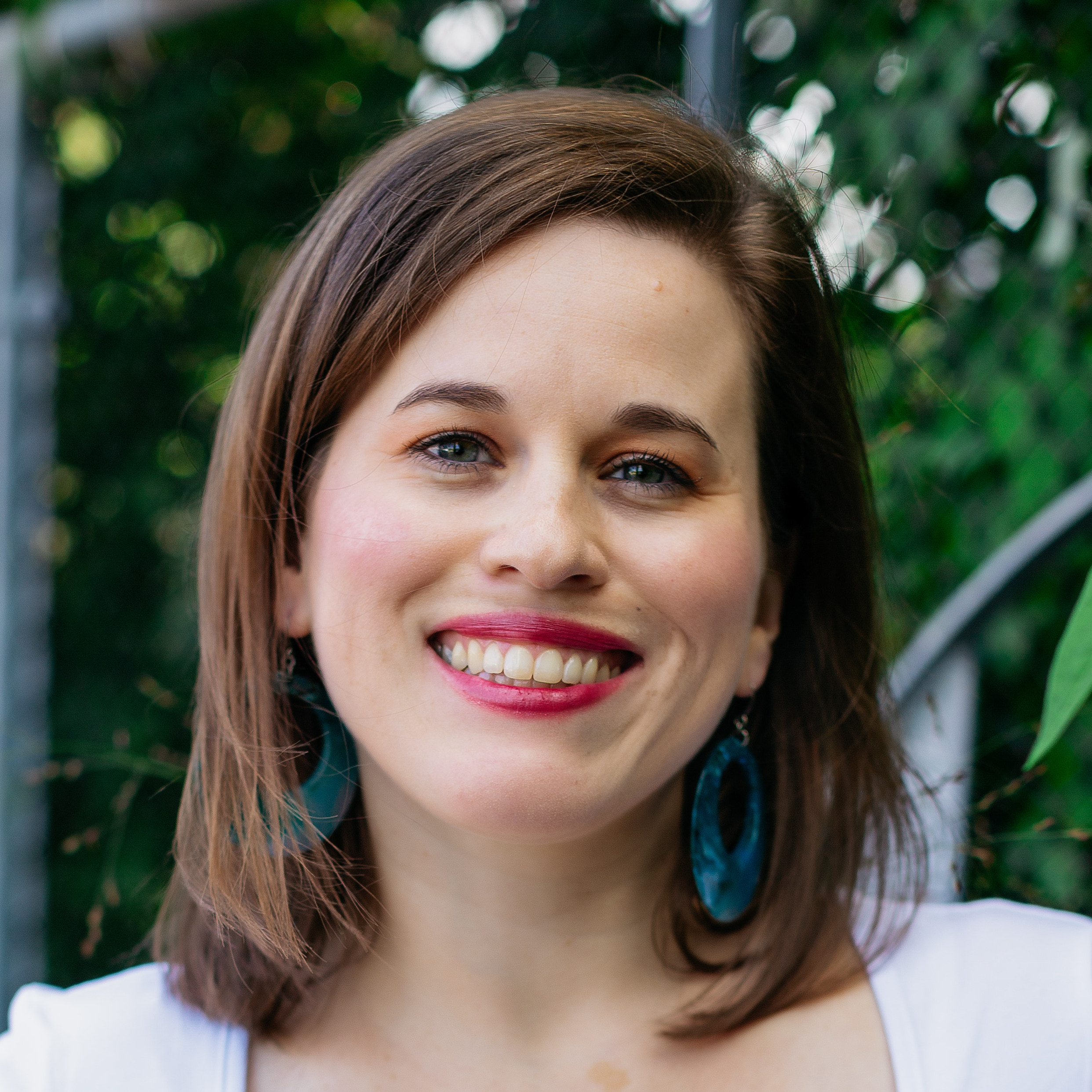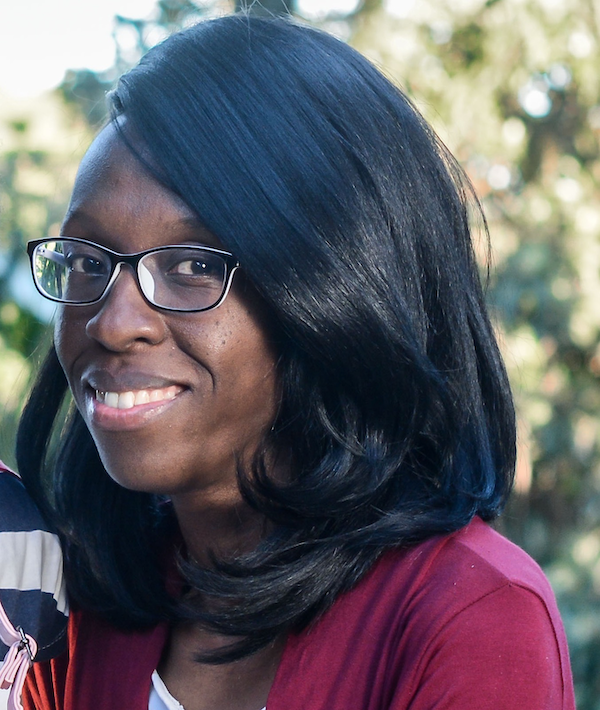If rough edits are where you find your story, then fine cuts are the difference between a passable-sounding podcast and one that sounds professionally produced: natural, warm-tone voices, no echo or reverb, appropriate music and sound effects gracefully complementing a tight, compelling narrative.
When you started making a podcast, you may have skipped the fine cut — and that’s fine, especially if it allowed you to focus on really nailing your content.
But when you’re ready to raise your game, you need to learn to make fine cuts.
As with so much of podcasting, there are a zillion ways to do fine cuts — techniques, tools, keyboard shortcuts (or “hot keys”) — and no right or wrong way. So we asked a few pros for their pro-est tips.
For this piece we talked to two guys named Christian and one named Brandon. My name is also Brandon. And they say there’s no diversity in podcasting. Christian Koons’ credits include editing Song Exploder and Bjork: Sonic Symbolism. Christian Dueñas is an editor and producer at Maximum Fun. Brandon McFarland works as a composer and audio engineer at Vox Media Podcast Network.
Keyboard shortcuts
Christian Koons can attest that when you’re making podcasts with musicians, a high level of audio nerdery is required. When he edits, he says, he keeps one hand on the mouse, and the other on the keyboard. He clicks on a clip and then manipulates it using keyboard shortcuts — which his fingers have absorbed into their muscle memory.
Whatever program you’re working in, he recommends getting a few of its shortcut, or hot key, commands down early — you can find Descript’s here, or by clicking the ? in the bottom-right of the app. Focus on stuff like cutting, fading, and selecting; if you’re working in Descript, you’ll want to get the transcript-corrections shortcuts down, because they can make your life a whole lot easier.
Read our tips on how to start thinking like an audio engineer
Editing techniques
Christian also recommends a technique he learned working on Song Exploder. “So often people don't end sentences cleanly; they get close, and then they do a run-on and say a couple more words,” he explains. He deals with that by searching the transcript to find another place where the person used the word Christian wants to end on; if he finds it pronounced cleanly somewhere, he’ll copy that and drop it in at the end of the sentence.
He’ll often bank a few common words, like “and,” “but,” and even just the sound of the letter “s” in case he needs to substitute them in for less-clear audio. Last but not least, he always grabs some room tone — just the sound of the space where someone is recording, so that if he needs to insert silence, he can use room tone instead of a total blank. (Descript automatically inserts room tone, so you just need to add a gap clip.)
It’s also helpful to know how to finesse filler-word editing. Descript will cut all your filler words in a few clicks, but if you're making a conversational show, you probably don't want to do that.
Brandon started out in public radio, where strict time limits meant that everything that could be eliminated was. Now even though many of the producers he works with are more lenient about filler words, he tends to cut them anyway. But it’s not just a simple slice: “What you have to do is imagine natural space. Once you take that “like” or “um” out, you're like, okay, what's a natural pause? I lean towards cutting small and then creating the space, or even adding a breath.”
That’s an art, of course. Same with editing out filler words. “The biggest tool people have is their ear,” Christian Koons adds. “We all have the advantage of growing up and hearing people talk. We know if all the slight hesitations or if, ands, or buts are all taken out. It's pretty easy for a human ear to be able to tell, oh, this was edited, and that's not something we want. We want it to sound really natural.
Read our guide to editing filler words.
“It's sort of a balance,” he continues. “You don't wanna overcut and make people sound robotic, but if you can help speed things up and make things a little more clear with your edits that's definitely something you wanna shoot for. You wanna capture the person's essence, but also you wanna make them sound good, and smart.”








































